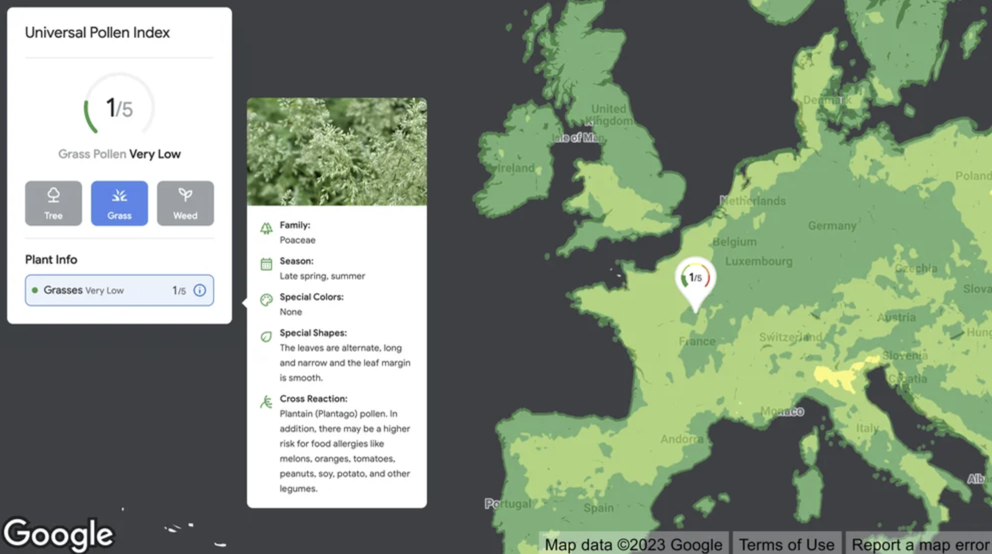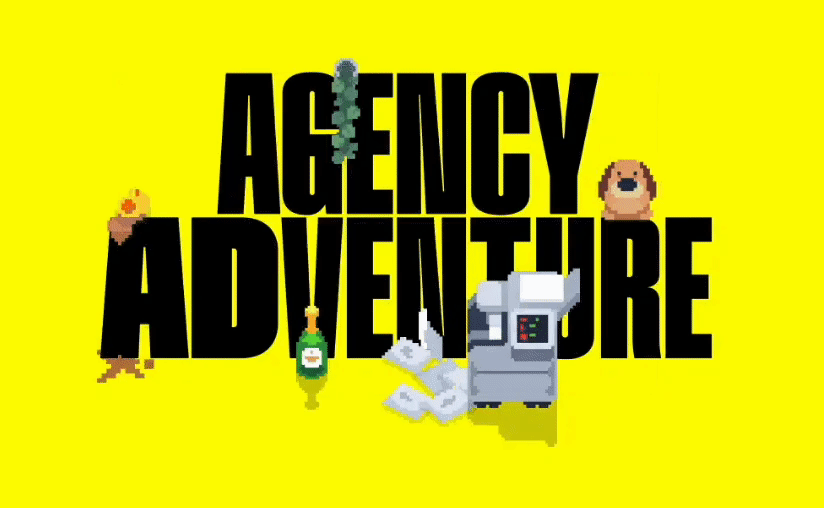Hello, everybody. We’re squeezed for time as usual and Google isn’t doing us any favors today. What we mean by that is a best-case scenario for writing this newsletter is a week when the Google Maps blog has a new post. We have no such luck right now. The most recent Maps post is over a month old and we couldn’t even use it when it was new. It was written by Google’s vice president of Geo Sustainability. It was about map overlays that let you see things like how much pollen is in the air.
As tempted as we are to launch into an anti-monopoly rant about a geo sustainability staff member only being possible in a business environment that lacks competitors, we’ll instead tell you about an email we got from Google this morning. The Business Profile team just changed its bulk Insights reporting. We received the email because we downloaded bulk Insight data sometime in the past six months.
There’s a Google Business Profile help page with documentation about the reporting changes. The summary from 30,000 feet is that phone call insights and deprecated metrics are no longer available and new metrics have been added. There is a sample Google Business Profile Insights CSV available if you want to take a look at the kind of reporting you’re now able to download when you’re signed in to business.google.com.
Our next bit of news has to do with an industry report we first wrote about in June. It had to do with the fact that Google got caught wasting billions of its customers’ dollars by telling them their ads would play prominently on high-quality websites and that they wouldn’t be charged if their ads were skipped or viewed with the sound muted. A study from ANA determined that a significant percentage of video advertisements were getting repeatedly viewed by bots, often on video players that weren’t even visible on the pages they were embedded in.
Google wasn’t the only guilty party. Other vendors were bilking advertisers in a similar way. It’s just that Google was responsible for the lion’s share of the fraud.
The ANA study we just linked to has already had a huge impact on supply-side platforms (SSPs), the outfits that facilitate programmatic advertising. The three big non-Google SSPs are Pubmatic, Magnite, and OpenX and they account for 90% of the transactions in the ad-tech space. They’ve since done everything they can to weed out the made-for-advertising (MFA) websites in their inventory. MFA sites exist for the sole purpose of racking up impressions that drain money out of ad campaigns.
The reason we’re bringing this up again is because the other shoe is about to drop. The ANA study in June was part one of two. The follow-up will be published in October. No one knows what it will cover yet, but a lot of folks are expecting another shake-up. We’ll let you know how things work out.
The last thing we want to tell you about this week is the fact that DALL·E 3 will be released to OpenAI’s ChatGPT Plus customers sometime in October. The exact date hasn’t been announced yet. It’s going to be a significant upgrade from the already-amazing DALL·E 2 that managed to win an art competition (and pissed a lot of people off in the process).
DALL-E 3 will integrate with ChatGPT, so you can end up with amazing, AI-generated artwork without needing to think of elaborate prompts anymore. You can tell ChatGPT what you’re generally looking for and it will write out a full paragraph to plug into DALL-E 3 (DALL-E has always worked better with long, detailed prompts). You’ll still be able to feed it your own prompts if you want to, but where’s the sense of adventure in that?
On that note, our first closing link this week will be an article from The New York Times called The Internet Is About to Get Much Worse. It describes the ways AI will wreck artists’ ability to support themselves.
On the same note, this YouTube video from Two Minute Papers called OpenAI’s ChatGPT Has Been Supercharged! is also about ChatGPT’s integration with DALL-E 3. The narrator has a pretty heavy accent, but we recommend the channel in general to anyone with an interest in artificial intelligence.
Snapchat just released a 16-bit desktop game called Agency Adventure. It “takes place in a fictional agency, where players are starting their first day as a new business coordinator. They are able to select the type of brief they want to work on, interact with non-player characters, and navigate through various agency departments.” We haven’t played it and don’t have immediate plans to, but we’d love to hear about it if any of you try it out.
Last up is a 45-minute video called An Audacious Plan to Halt the Internet’s Enshittification. It’s from Def Con 31 that took place two weeks ago. We try to watch all of the Def Con talks every year. Many of them don’t make it to a thousand views on YouTube (a lot of it is pretty fringe stuff). This one is a relative blockbuster with 61k views so far. What we like about this speaker is the fact that he proposes solutions. We don’t know how viable they are, but it’s better than listening to someone complain about the status quo just to get it off their chest.
That’ll do it for today. Have a great weekend. We’ll see you again in seven days.



